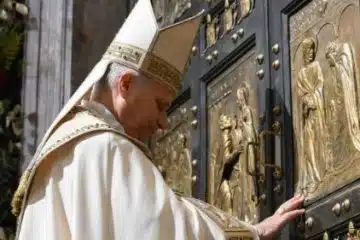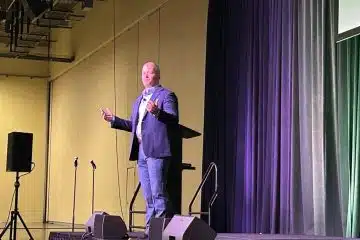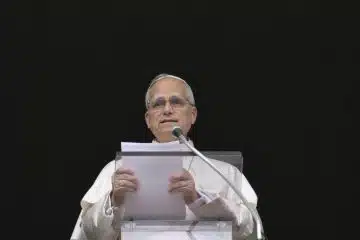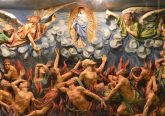QUESTION OF FAITH: IS FORTUNE-TELLING DANGEROUS?
A long time ago, as a young person, I played with tarot cards and a Ouija board. These always seemed to me to be just entertainment, but now I understand the Church believes these can be dangerous. Why is this?
In an increasingly secular society, we can easily fail to see spiritual realities – whether good or bad. And if people look to the spiritual, they too often turn to superstition, magic or the occult. These activities, whether communicating with spirits or relying on horoscopes and tarot cards to tell the future, can have a negative spiritual impact.
The Catechism teaches, “All forms of divination are to be rejected: recourse to Satan or demons, conjuring up the dead or other practices falsely supposed to ‘unveil’ the future. Consulting horoscopes, astrology, palm reading, interpretation of omens and lots, the phenomena of clairvoyance and recourse to mediums all conceal a desire for power over time, history and, in the last analysis, other human beings, as well as a wish to conciliate hidden powers. They contradict the honor, respect and loving fear that we owe to God alone” (CCC 2116).
LOSING FOCUS
Communicating with the unseen world, often called the occult, is as old as time. The Scriptures frequently warn against it as a form of idolatry that is contrary to the First Commandment. The Book of Deuteronomy, for instance, offers an explicit condemnation: “Let there not be found among you anyone who causes their son or daughter to pass through the fire, or practices divination, or is a soothsayer, augur, or sorcerer, or who casts spells, consults ghosts and spirits, or seeks oracles from the dead. Anyone who does such things is an abomination to the Lord” (18:10-12).
Elsewhere in the Bible, we see the example of King Saul communicating with the dead through a medium. His death the next day indicates God’s displeasure: “Saul died because of his treason against the Lord in disobeying his word, and also because he had sought counsel from a ghost, rather than from the Lord” (1 Chr. 10:13-14). And in the New Testament, Paul condemned the magicians and encouraged them to destroy their idols (Acts 19:18-20). Communicating with spirits can show a lack of focus on God, believing that a relationship with Him is insufficient.
UNWELCOME PRESENCES
Participation in the occult does not have only internal, spiritual consequences. In addition to losing focus on God, it can open up a person, or their home, to unwelcome spirits, leaving them at risk to various psychic and bodily disturbances. Often, young people in particular, participate in the occult as a joke or recreation, but evil does not play games and can use these activities to tempt and mislead.
It is not unusual for people (sometimes even non-Catholics) to call priests to offer prayers of blessing or deliverance when someone experiences unpleasant phenomena after engaging in the occult. Evil spirits are real and can manifest themselves, even if one does not desire their presence.
GRACE IS STRONGER
The good news is that while the occult is dangerous, God is more powerful than evil, and grace is more potent than sin. The Church has an arsenal of prayers of blessing and exorcism that repel evil. Through sacramental confession God can forgive our lack of focus and our failure to trust in Him.
The unseen world of evil need not trouble us, if we humble ourselves before God, place our trust in Him, and persevere in prayer and the sacraments. His grace, made available through the Church, is the antidote. In the end, Christ is victorious, and the Evil One and death can have no power over us (Rom. 6:9).
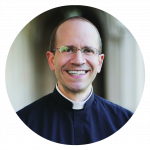 FATHER DAVID ENDRES is associate professor of Church history and historical theology at Mount St. Mary’s Seminary & School of Theology.
FATHER DAVID ENDRES is associate professor of Church history and historical theology at Mount St. Mary’s Seminary & School of Theology.
This article appeared in the October edition of The Catholic Telegraph Magazine. For your complimentary subscription, click hear.



